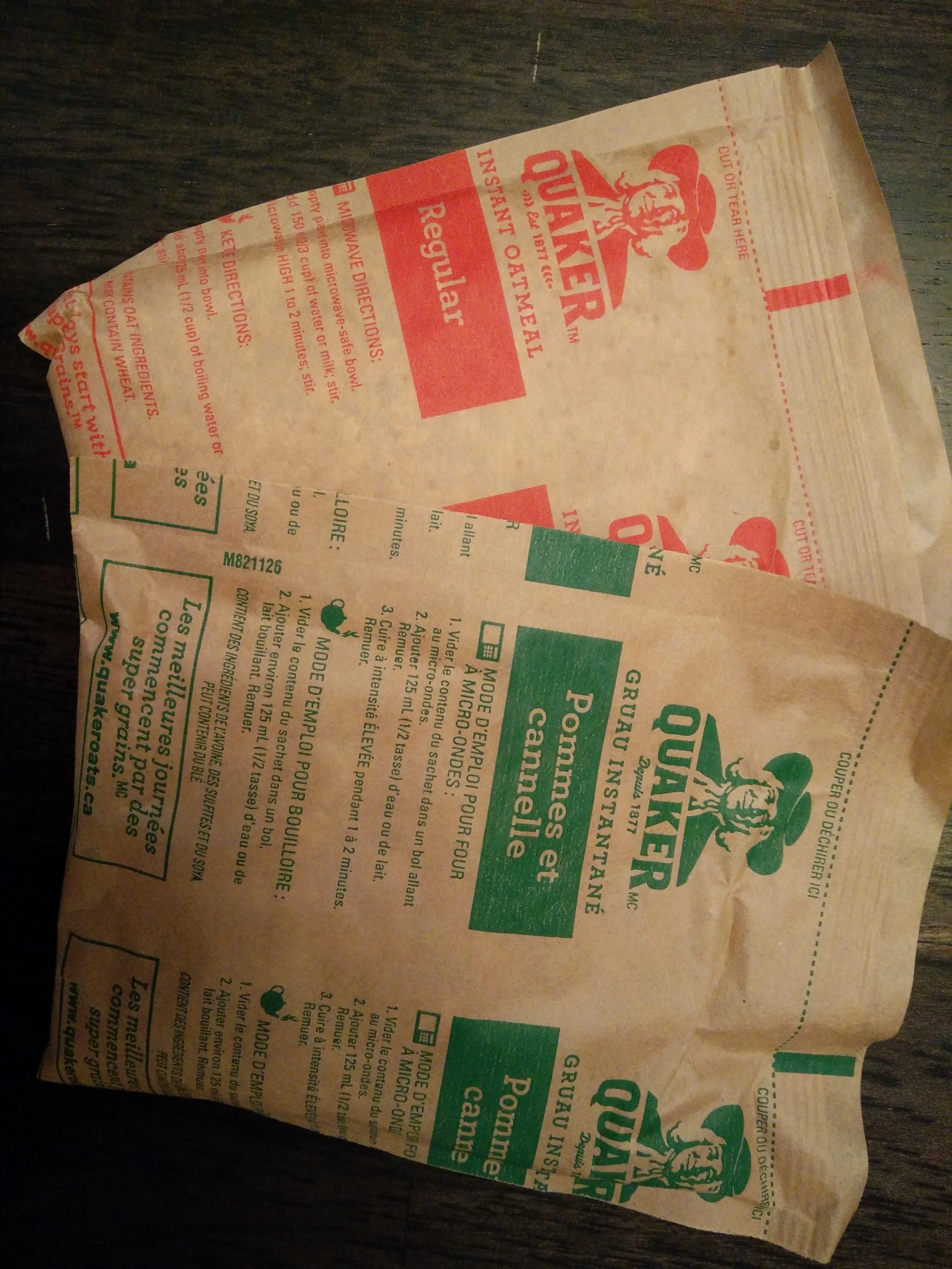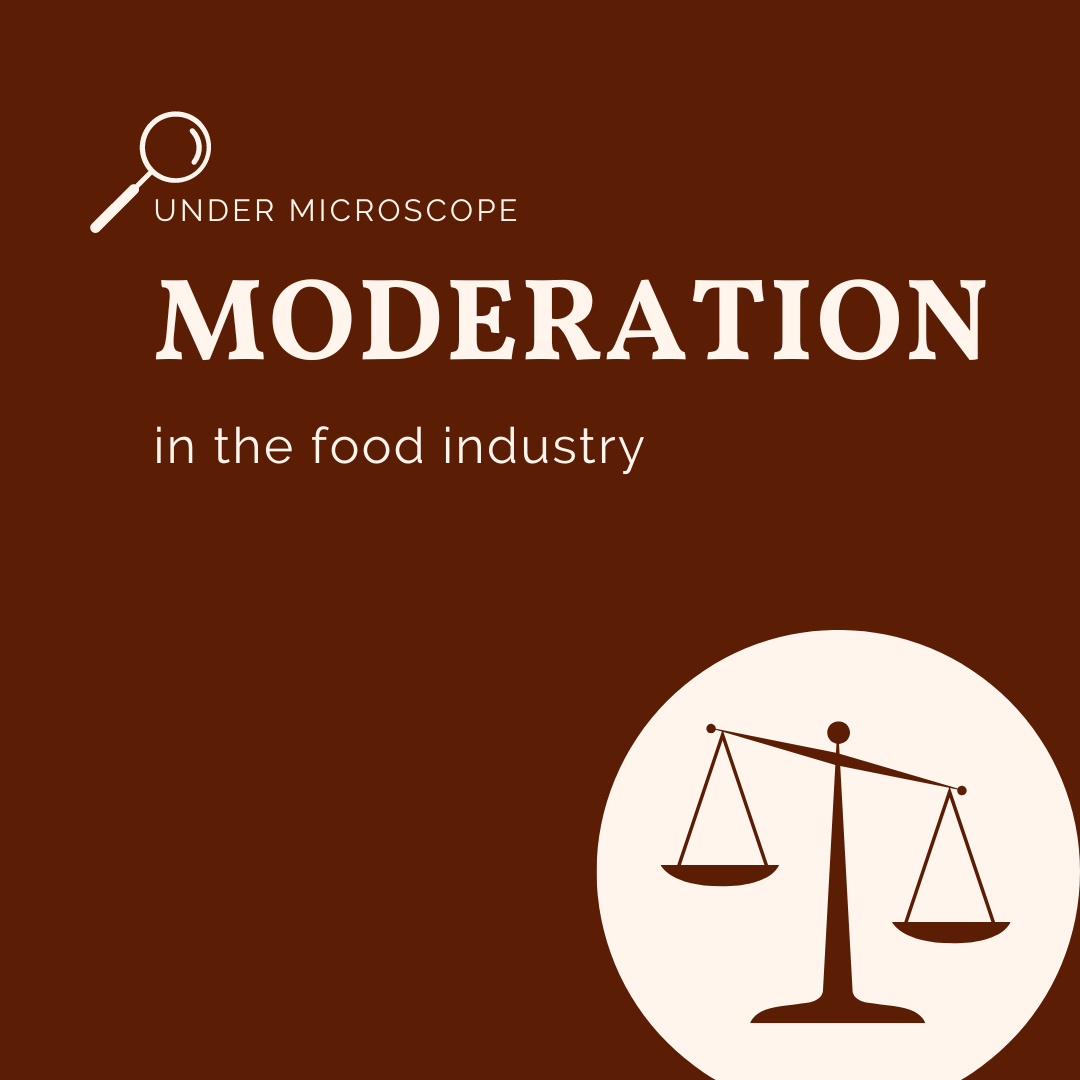Flavoured Oatmeal
Since we are in the January - Sugar Crushing month - I decided to look at more common products that are perceived as healthy. The product under the microscope today is flavoured oatmeal. The most popular brand of course is Quaker. The questions is: is it a junk food or a health food?
Sugar Content
For maple and brown sugar, as well as, apples and cinnamon sugar is an ingredient number two. There are 14 g in maple and brown sugar (3.5 tsp) and 9 g in apples and cinnamon (2.25 tsp). Regular variety does not contain any sugar. Hence out of them only regular is comparable to traditional oats in terms of sugar.
I don't know about you but one packet is not enough for me for breakfast; so I would need to double that. I do not know anyone who would cook a traditional oatmeal and add more than 1 to 2 tsp of sugar or honey.
Additives in Flavoured Oats
As you can guess, traditional oats do not contain additives, so for fair comparison we need to look at them:
- guar gum (all varieties) - is used to thicken the oatmeal (also used in ice creams, and nut/seed milks); it can cause digestive issues with people with sensitive digestive problem. For most people it is considered safe.
- calcium carbonate (all varieties) - also known as E170. It is often used as an anti-acid; and is considered safe.
- calcium stearate - used to prevent oats from clumping (also used in meat tenderizers); it is generally considered safe. However, in sensitive individuals it can cause stomach pains.
- sulphites - are generally considered safe. Sensitive individuals complain about headaches after consuming food with sulphites.
Summary
I consider Quaker oats to be one of the foods parading as healthy food where in fact it is closer to junk. It does not meet the standard for a healthy breakfast that has at least 5 g of fibre, less than 5 g of sugar, and 5 g of protein. Hence I classify it as a RED FOOD - eat only occasionally; when possible look for better options.





